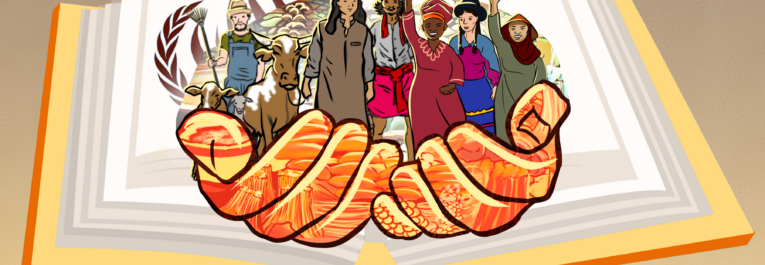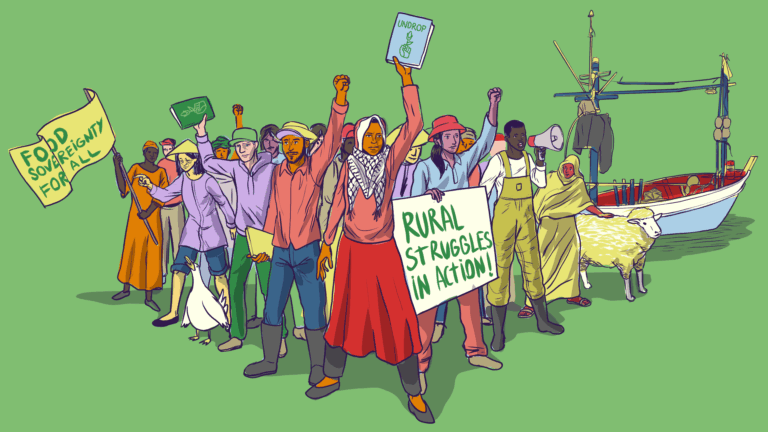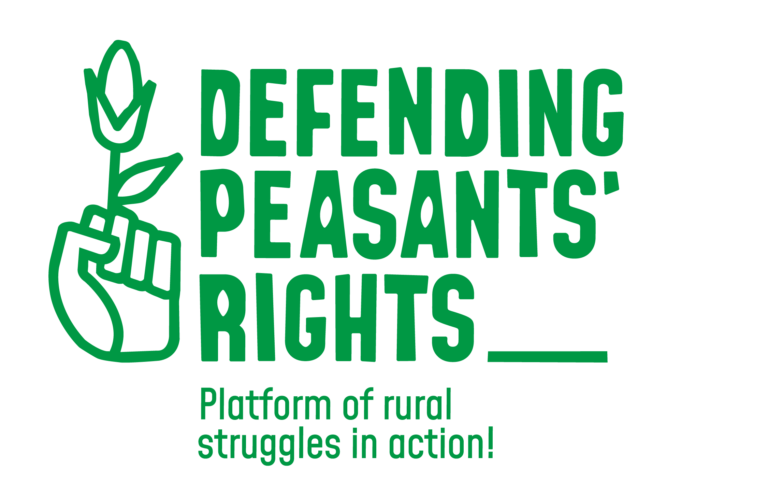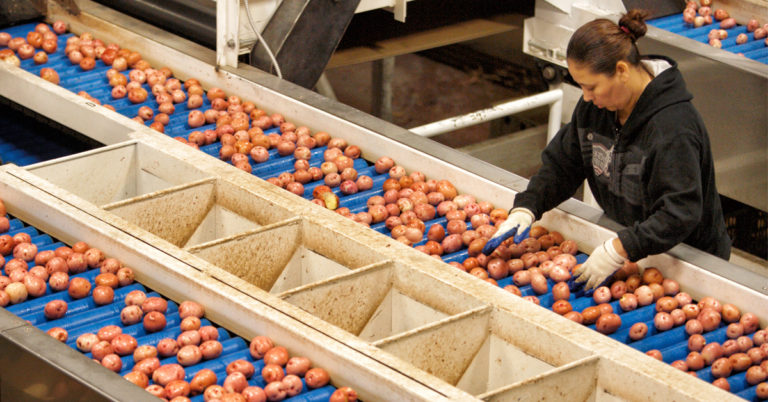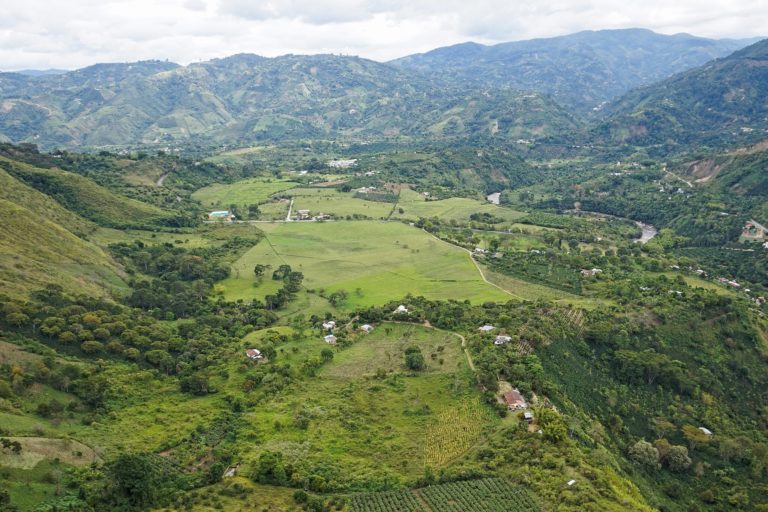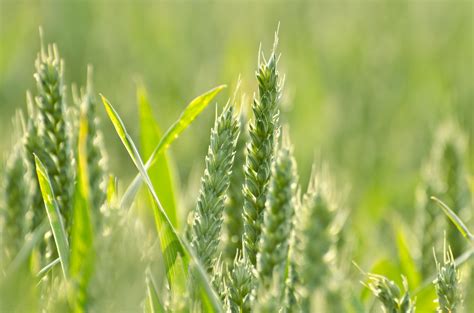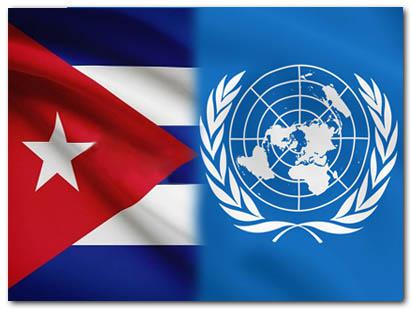An opportunity for rural struggles: UNDROP follow-up mechanism before the Human Rights Council
This article was first published on La Via Campesina’s website on September 11th. You can find it here.
Time has come for the implementation of United Nations Declaration on the Rights of Peasants and Other People Working in Rural Areas (UNDROP) to be tackled at the international level. It is in this context that La Via Campesina (LVC) and its allies, advocate for the creation of an international follow-up mechanisms on peasants’ rights, in the form of a UN Special procedure. In the 54th session of the Human Rights Council that started on September 11th, the Permanent Mission of the Plurinational State of Bolivia will present a resolution to create this mechanism.
After the adoption of the UNDROP by the UN General Assembly in 2018, peasants’ and rural organizations started struggling for the implementation of the rights enshrined in this historic instrument. The rights holders of the UNDROP are using the key tools in their hands to advance towards the realization of peasants’ rights and food sovereignty and to create equal and truly sustainable food systems. They are raising awareness and conducting training on UNDROP, monitoring the implementation, engaging in advocacy at different levels, and using legal recourse, among other efforts.
In some countries, public authorities took some steps forward in the implementation of the UNDROP, translating its content into national legislation or developing public policies based on the rights and provisions recognized in the declaration. However, despite these advances, peasants and other people working in rural areas continue to be systematically oppressed by an economic system created for the interests of the more aggressive agribusiness sector and transnational corporations (TNCs). A lot remains to be done.
There have been very few efforts to monitor the implementation of UNDROP at the international level. Thus, the nature and the root causes of systematic violations against rural workers and of the historical asymmetries of power in the rural areas have not been adequately addressed in international forums.
LVC, CETIM and FIAN International, with the support of the Rosa-Luxemburg Foundation, elaborated an advocacy note to explain how this Special Procedure would function and why it can be powerful tool to promote and implement the UNDROP.

